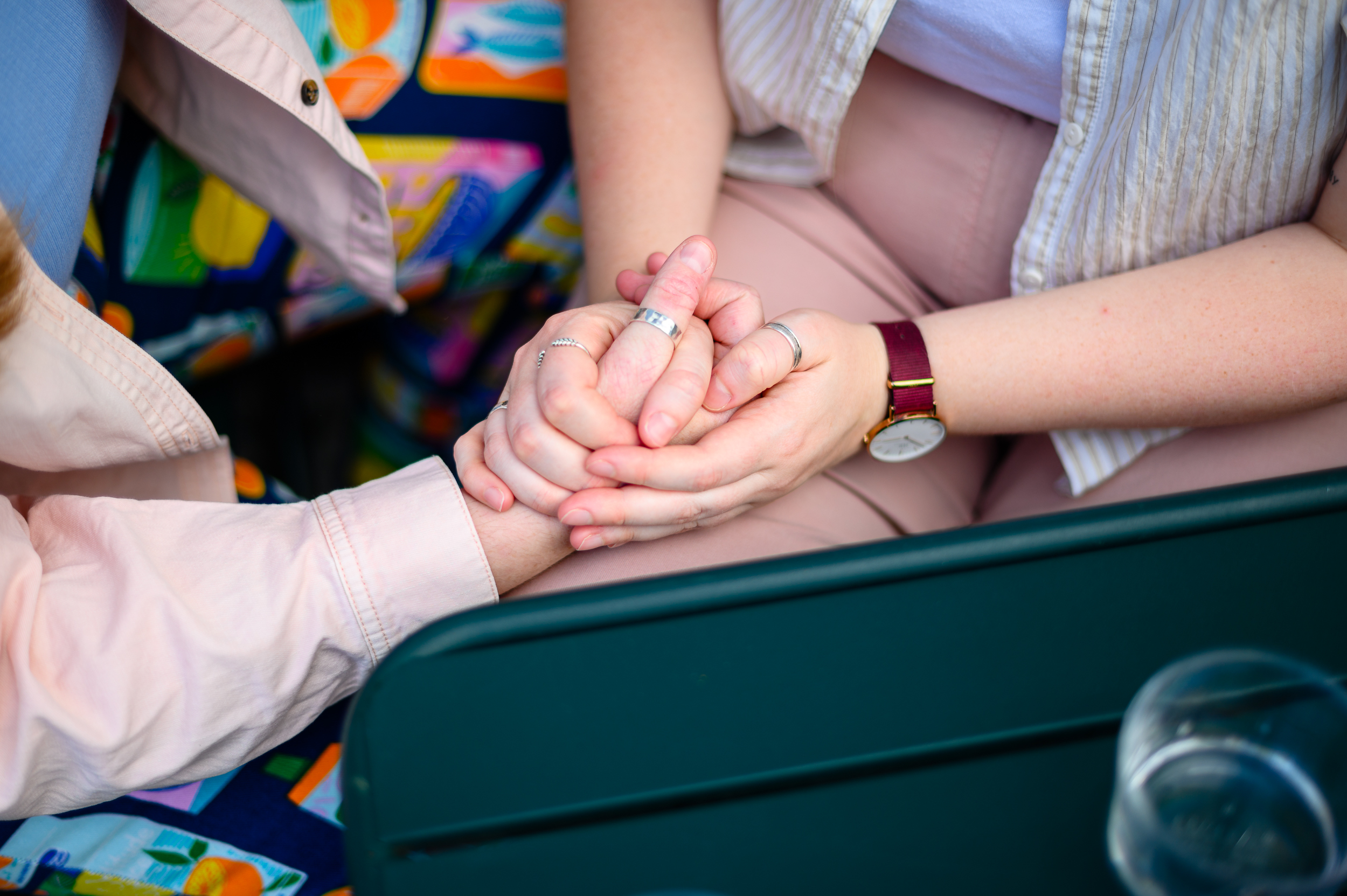
When was the last time you had sex? And how often do you usually have it?
If you’re feeling a little uneasy about answering those questions you’re not alone – and that’s particularly the case when sex isn’t happening enough, or at all!

Sexual problems are very common. The National Survey of Sexual Attitudes and Lifestyles (NATSAL) recently found that 51% of women had experienced sexual difficulties in the last year, with 11% of women saying that they were distressed or worried about their sex life. But are women who have sex with women more likely to suffer?
If you’re lucky enough to be unaware of the term, “lesbian bed death” is when lesbians in long-term relationships either stop having sex altogether or have it very infrequently. Coined by Pepper Schwartz in 1983, it has its own Wikipedia page debating whether it’s a lesbophobic myth or a genuine problem and there’s even a rock band of the same name! The general consensus is that whilst there may be statistics to indicate “bed death” is more prevalent in lesbian relationships, couples of all orientations experience it.
So is there any reason that female same-sex couples may be more likely to stop having sex?
Well, maybe. Combine two menstrual cycles and (eventually) two menopauses, or even one of each, and there are a lot of fluctuating hormones that could lead to sex drives dropping off.
Aside from this, there is the universal factor of life getting in the way. This can amount from such things as high workloads, the demands of childcare, stress, mental and physical illness, unsatisfactory sex, opposing sexual turn-ons, and not being happy in the relationship itself.
Of course, some long-term couples have little or no sex and are perfectly happy having sex on a less regular basis and showing their partner their affection in different ways. But for other couples, either one or both partners is unhappy with the lack of sex. Regardless of the reason for the drought, the first task is to talk about it with no pressure, no judgment and no accusations. The last requirement is the hardest because we’re told that regular sex is “normal” and “natural” and therefore not having any makes us feel wronged and in need of someone to blame when actually, the main thing is not about the amount of sex you have but if you’re happy with your partner.
Within the discussion, you should probably establish what you’re both into, your turn-ons, turn-offs and your limits. Whilst this can be a difficult chat to have through fearing rejection or embarrassment, these adverse reactions might actually be a sign that the relationship itself is below par.

All being well, you may discover mutual preferences for certain toys, positions, locations, outfits or even fetishes, and that common ground could begin to bridge the distance that “bed death” creates. Or you may remind each other of all the great things that turned you on in the early days of your relationship and decide to revisit a few!
Whether ‘lesbian bed death’ is a myth or a reality, a dearth of sex can spell the death of a relationship. So it’s important to voice your feelings and be open about your sexual preferences. And remember the most important thing: consent is always the priority. Don’t force yourself to do things you don’t want to do.
If sex life problems are causing continual relationship problems you may find counselling useful.
LGBT Foundation can offer counselling for individuals and couples, give us a call on
0345 3 30 30 30 to find out more.







